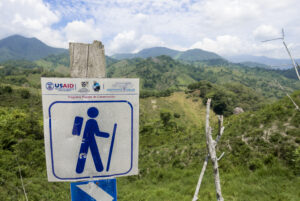As a region, Latin America enacted the most sweeping reforms to its trade policies in the world. Following the Washington Consensus policies, government after government opened its economy significantly to foreign investment and goods. The new policies have generated dramatic increases in agricultural trade, but have they produced sustainable rural development?
That is the question this report seeks to answer. Based on detailed studies by a select group of U.S. and Latin American researchers, it examines both the promise of agricultural trade liberalization for developing countries – growth through expanded exports – and its perils – the potential loss of rural livelihoods as low-priced imports flood domestic markets. The coordinators of the project, Mamerto Pérez of Bolivia, Sergio Schlesinger of Brazil, and Timothy A. Wise from the United States, conclude that the promise of export agriculture for development is overstated while the perils for small-scale farmers are very real.
This report, produced with the Washington Office on Latin America and Tufts UniversityAmericas, is based on seven case studies on the impacts of liberalization and related policies on specific countries. To assess the promise of export agriculture, researchers examined the South American soybean boom with studies of Brazil, Argentina, and Bolivia. To review the impacts on small-scale farmers, the project commissioned case studies on El Salvador, Bolivia, and Brazil. Finally, a case study on Mexico after fourteen years under NAFTA, looks at both the expansion of export agriculture and the impacts of rising imports on small-scale farmers.
Please click below to download the full report:
The Promise and the Perils of Agricultural Trade Liberalization: Lessons from Latin America
Please click here to download the Executive Summary
To access the discussion papers referenced in this report visit Tufts University's GDAE website

